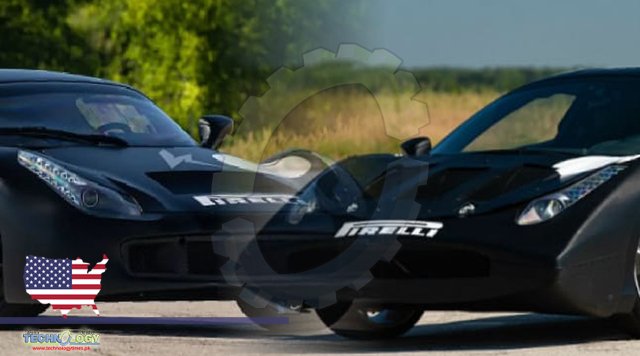Monterey Car Week, The Station is a weekly newsletter dedicated to all things transportation. Sign up here — just click The Station — to receive it every weekend in your inbox.

Welcome back to The Station, your central hub for all past, present and future means of moving people and packages from Point A to Point B. It’s Monterey Car Week! And that means lots of luxury vehicles, hypercars and even some EV startups at the annual event in California. Reporter Jaclyn Trop and contributor Roberto Baldwin were on the ground talking to executives, designers and founders about the vehicles they showcased and what is coming in the future. The big takeaway (aside from the complete lack of WiFi at Quail): EVs were everywhere and the well-heeled were packing booths of EV makers like Lucid Group. Bolt (the EU one, not the disappearing Bolt Mobility) says it has quadrupled its business globally since the start of the pandemic. It operates in 45 countries and more than 500 cities, an increase of more than 200% since before the pandemic. The company is also hiring. It has more than 350 open roles and plans to hire 700 more employees by the end of the year. Bolt also said it will invest another €150 million to expand micromobility across Europe. Horace Dediu has a new essay on the dominance of short trips versus long trips and what that says about the potential market for micromobility options.
Monterey Car Week, The Inflation Reduction Act might have left out incentives for e-bikes in the U.S., but France didn’t. The country is introducing a new €5 million grant scheme for people purchasing e-bikes or e-cargo bikes. Those who scap an old car to switch to an e-bike get a bonus of €3,000. Los Angeles, still a famously unfriendly city to bikes, is introducing a 2024 voter initiative that will fast-track the city’s ambitious traffic plan to bring in hundreds of miles of more walkable and bikeable streets by implementing changes every time the roads are repaved. The City Council will possibly adopt the policy outright or send it to voters. Spin is working with Carnegie Mellon University and the City of Pittsburgh to launch a study that will give up to 50 low-income residents in the city free access to shared mobility and public transit services to study the effects on socioeconomic progress. The one-year research project will study the potential to improve people’s economic, health and social outcomes by giving them easier access to jobs, education, healthcare, social services and recreational activities. Apparently people like to get lit up and ride scooters, at least in Oslo, where Tier ran a study of e-scooter injuries and found four out of 10 involved intoxicated riders! So, like other micromobility companies, Tier is introducing a drunk test to some cities. The test asks them to match the angle of their phone with an angle displayed on a screen — this little practice of hand-eye coordination will be done three times within a set time frame, and if a rider fails, they will be asked to call a cab, ya lush!
Source: This news is originally published by techcrunch